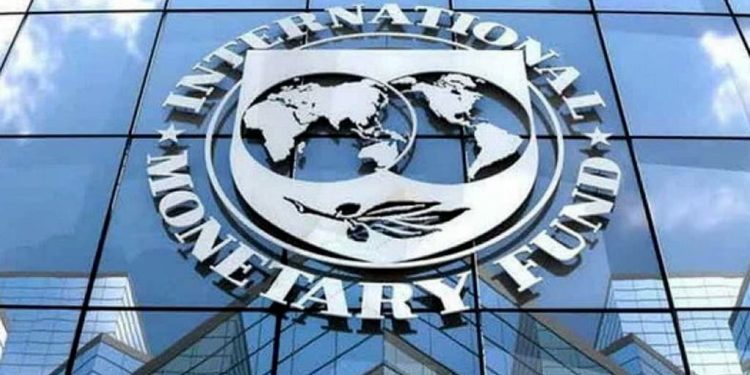In its latest regional economic outlook, The International Monetary Fund has projected the country’s economic growth prospects to a slow of 5.3 percent this year. This is down from projections of 5.4 percent in 2022 and 7.5 percent in 2021.
The global lender attributes the slower growth to a funding squeeze that is impacting the country’s ability to invest in health, education and infrastructure.
“Persistent global inflation and tighter monetary policies have led to higher borrowing costs for sub-Saharan African countries and have placed greater pressure on exchange rates,” the lender says.
It added that the interest burden on public debt is rising, owing to a greater reliance on expensive market-based funding combined with a long-term decline in aid budgets.
Read : Global Growth Deferred By Rising Debts-IMF
IMF reiterates that lack of financing affects countries that are already struggling with elevated macroeconomic imbalances.
IMF further projects the country’s economic prospects to grow by 5.4 percent next year. Our neighbors Uganda and Tanzania have been projected to grow by 5.7 percent and 5.2 percent respectively. These are upward projections from the 4.9 per cent and 4.7 per cent of last year, respectively.
Growth of the entire sub-Saharan Africa region will decline to 3.6 percent this year amid global slowdown, as activities are expected to decelerate for a second year in a row.
This before rebounding to 4.2 percent in 2024 in line with the anticipated global recovery, subsiding inflation and a winding down in monetary policy tightening.
The lender notes that the funding squeeze will also impact the region’s longer-term outlook as a shortage of funding may force countries to reduce resources for critical development sectors like health, education, and infrastructure, which will weaken the region’s growth potential.
Email your news TIPS to editor@thesharpdaily.com












